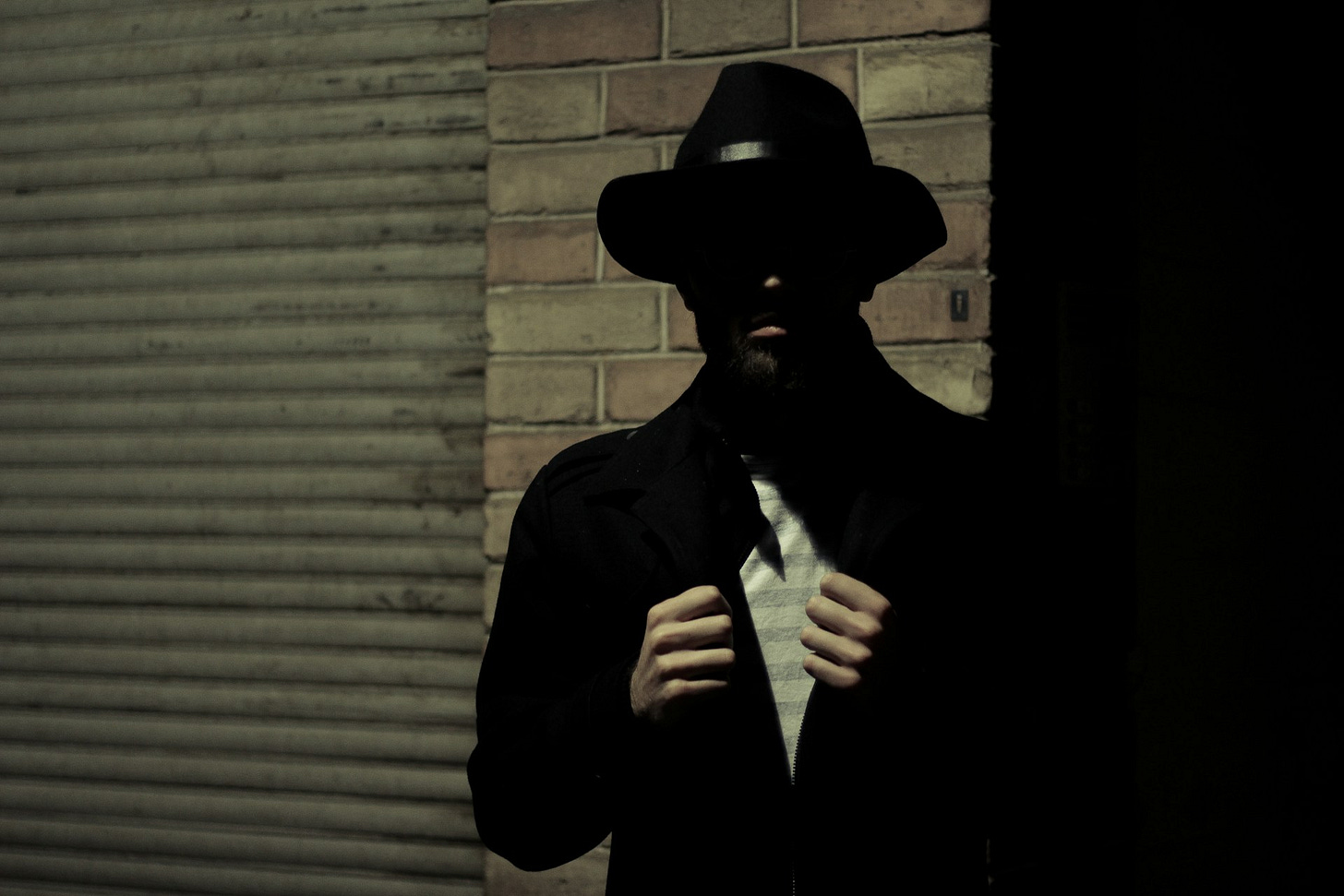The CIA Method for Making Decisions
1 Simple Rule to Decide Under Stress
Time is strange.
When you're waiting in line, it crawls.
When you're under pressure, it sprints.
Ask anyone who’s faced a life-or-death moment, and they’ll tell you:
They didn’t think better.
They just acted faster.
That’s not instinct.
That’s training.
And few are trained better than CIA operatives.
One of them is Andrew Bustamante, a former covert officer.
He now teaches civilians what spies learn the hard way.
This is one of his lessons.
The truth about pressure
You don’t have to be a spy to know what pressure feels like.
You just need to be alive.
Deadlines. Bills. Arguments. Expectations.
It’s all pressure, just in different clothes.
Research shows the average person makes over 1,600 decisions every single day.
The funny thing?
Most of us don’t get crushed by one big thing.
We get crushed by ten small things all at once.
The CIA has a term for it: Task saturation.
When you have more to do than your brain can process, it folds.
What elite spies do that we don’t
In high-stakes situations, the CIA doesn’t look for perfect answers.
They look for fast ones.
The method they teach is brutally simple:
“Do the next fastest thing.”
That’s it.
Not the smartest thing.
Not the most strategic thing.
The fastest thing.
Because momentum beats perfection.
And motion clears the fog.
The rule of subtraction
CIA trainers teach something odd.
Whatever number of tasks you think you can handle?
Subtract two.
Think you can juggle five? Try three.
Think you can manage three? Stick with one.
Why?
Because stress lies.
It tells you you’re superhuman.
Then laughs as you burn out.
Subtracting two is humility in action.
It’s acknowledging that being effective isn’t about doing more.
It’s about doing less but better.
A story from the field
Imagine this:
You’re sitting across from a terrorist.
He might have a gun.
He might have backup waiting outside.
He might be bluffing.
But he knows something valuable.
So you meet.
Your brain screams: Watch for weapons! Monitor exits! Read body language! Remember your cover story! Stay calm! Don't die!
What does a CIA agent do?
They say, “Hi.”
That's it. One stupid, basic task that takes three seconds.
But those three seconds give them momentum for the next decision.
Small wins compound
Once the agent says hello, the next step becomes clearer.
Take cover.
Scan the room.
Signal backup.
Each move buys time.
Each decision unlocks the next.
That’s the beauty of doing the obvious thing:
It opens the door to what felt impossible.
We like to think breakthroughs come from big leaps.
But more often, they come from small nudges in the right direction.
Head trash
Under stress, your brain loves to lie.
It whispers:
“You’re not good enough.”
“You should’ve known better.”
“You’re failing.”
That’s not truth.
That’s head trash.
It's your brain trying to stay in control by making you quit.
The way out?
Ignore the voice.
Do the next fast thing.
Let motion drown the noise.
Pressure exposes what’s already there
The CIA doesn’t create superhumans.
It builds habits that don’t fall apart under stress.
The method works because it honors something timeless:
Big problems are solved one small decision at a time.
This is as true in a war zone as in your code.
And if it sounds too simple to matter, that’s the point.
We're cavemen dealing with modern problems
In the modern world, pressure doesn’t come from lions or gunfire.
It comes from Slack messages, surprise bills, and messy relationships.
But your brain doesn’t know the difference.
To your nervous system, it’s all a threat.
And in a world of constant threats, the best strategy isn’t brilliance.
It’s clarity.
Don’t ask what’s right.
Ask what’s next.
Then do it, fast.
That’s how we survive.
That’s how we win.



